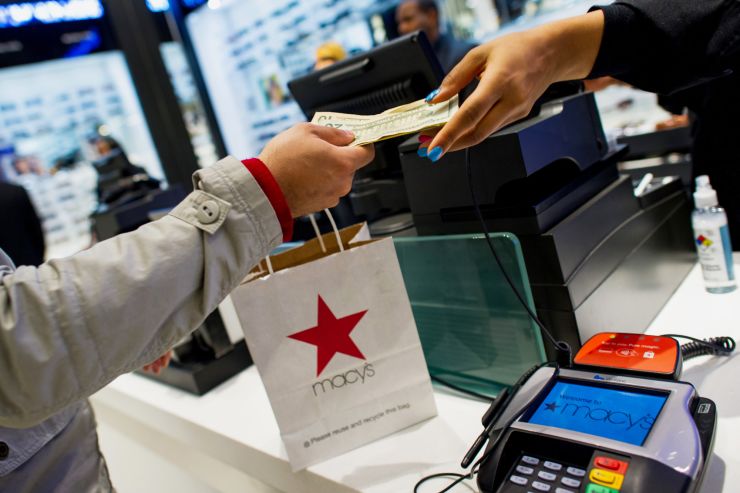
We often joke about our loved ones how they are shopaholics and the house is strewn with all the little things that they buy out of the whim of their little heart. Well, for people who have had an actual brush with the kind may not think of it as quite so humorous.
So, today I am going to be talking about all the signs that you may be a shopaholic or maybe sharing your house with one. Beware, if it’s your spouse or your partner (girlfriend or boyfriend) because it is a condition that costs a significant amount of the person’s monthly expenses. You may very well find out that getting them to take therapy is lesser of an expense than the total expenditure of their monthly purchases of sweet little trinkets.
On the other hand, if it is your roommate or flatmate or a buddy you share your house with along with the expenses of the whole month they may not have direct access to your bank accounts but you’re at the end of the day sharing expenses with them and if they are constantly out of money in the second week of the month you better watch out for them.
So, here are some of the red flag signs of a shopaholic you cannot miss. Be vigilant if you see any sudden changes in behavior in your loved one.
Anxious and Angry behavior
People are angry and anxious most often when they are uncomfortable in a given situation and want to either break free from it or have been trying with no proven results.
Experts who have explained shopaholism as a condition describe it as any other addictive tendency where the mind wants to repeat the act or means of addictive behavior over and over and get a high from it. So, you will do good to remember that when your roommate behaves angrily or resorts back to her room without the normal usage of phone or television or anything that may encourage her to shop.
Change in behavior/tendency to lie
Sudden behavioral change can be external as well as it is internal. The tendency to lie to cover up may be a red flag in some situations. If your friend or colleague or anyone whom you are known to be a responsible spender with an impeccable credit history and suddenly one month their credit card limit is maxed out, that is a major signal that something is not entirely right with them. Or maybe there have been times when you have caught them lying straight out about what they had bought. It is because of the associated guilt with the high they feel they shop.
A closet full of price tags
A compulsive buyer may come across as a hoarder who keeps every last piece of the purchased article. You may also find that there are a number of price tags and stickers strewn across their closet. This is a prominent sign of a person who has been compulsively buying stuff with no proper intention of ever using those materials.
Buying is a habit, not need
If the person you’re dealing with is a shopaholic or a serial shopper, however, you put it, will always be on the lookout for things to buy wherever you go. Even if you’ve only gone to the gas station the person will be coming back with a baseball cap or sunglasses or a bandana (for bike-riders) and you will know who you’re dealing with, that is a shopaholic.
Packages arrive every day as does the embarrassment
You will notice that your roommate or the person you’re dealing with in your house (a friend, a spouse, a flatmate) gets at least one package at the doorstep every day of the week. Not only has that, but their mood and the fact that they are a compulsive shopper also made them embarrassed in front of other people. They will either try to deny it or try to make excuses for their behavior. That is how you will know there is something off about the thing they are doing.
Also, you may watch out for mood swings associated with shopping. Whenever they have enough balance on their credit card and shop at their hearts’ content they will be in a very good mood. On the other hand, when they have low credit or are unable to shop for some other reason, they will most likely behave irritated and generally resort to being by themselves instead of spending time socially which may work as a trigger for their need to shop more.










